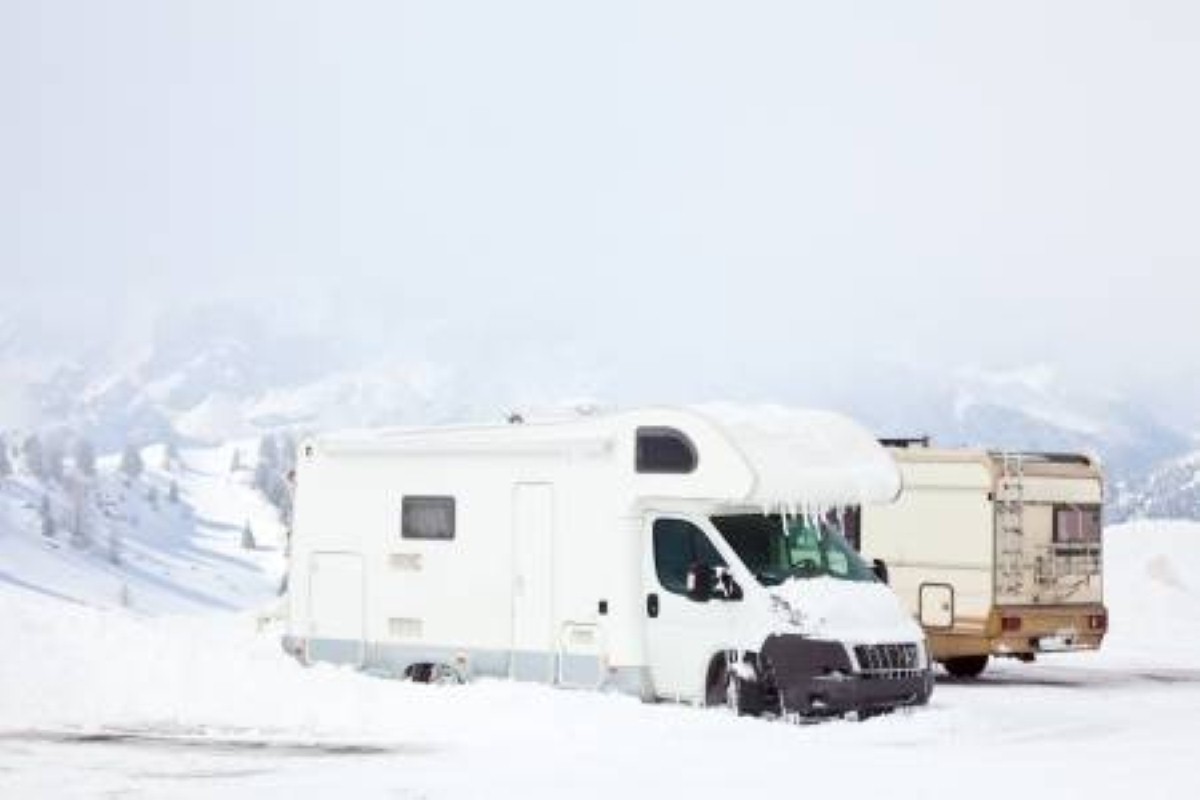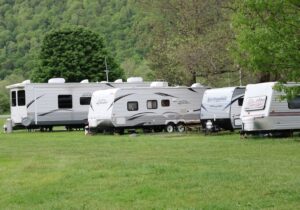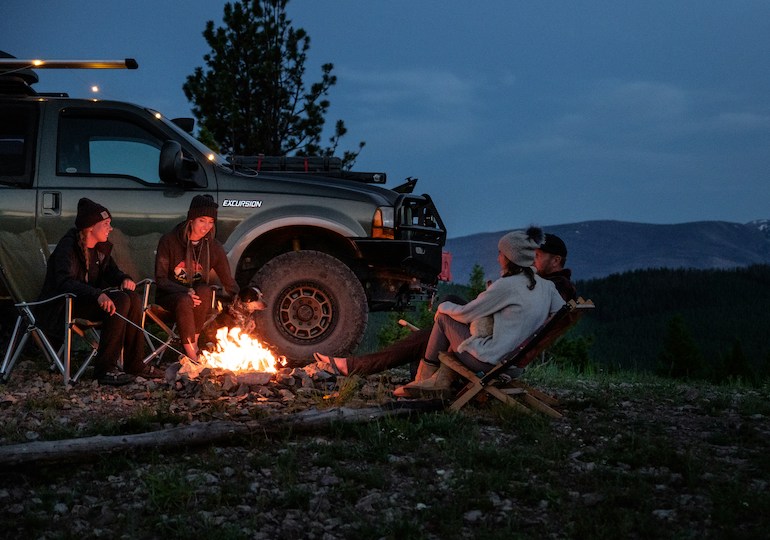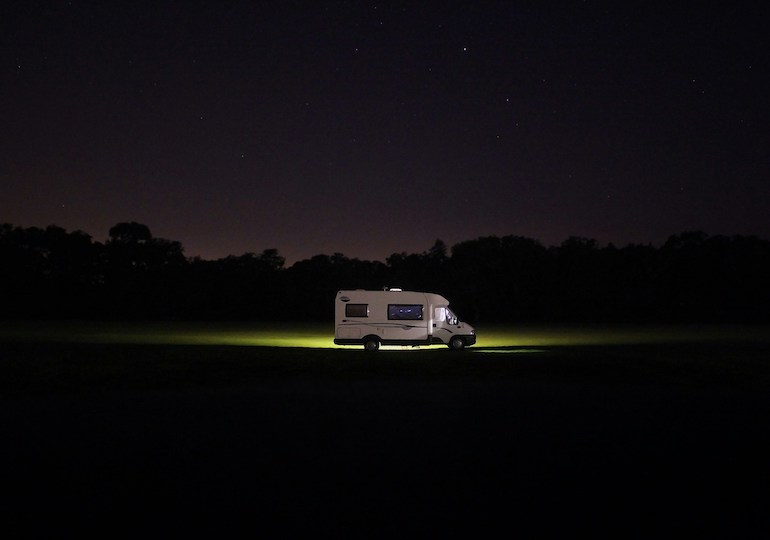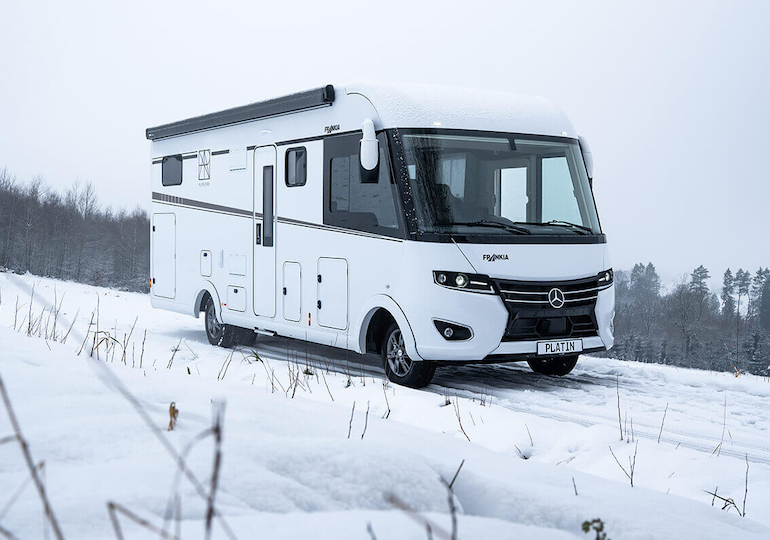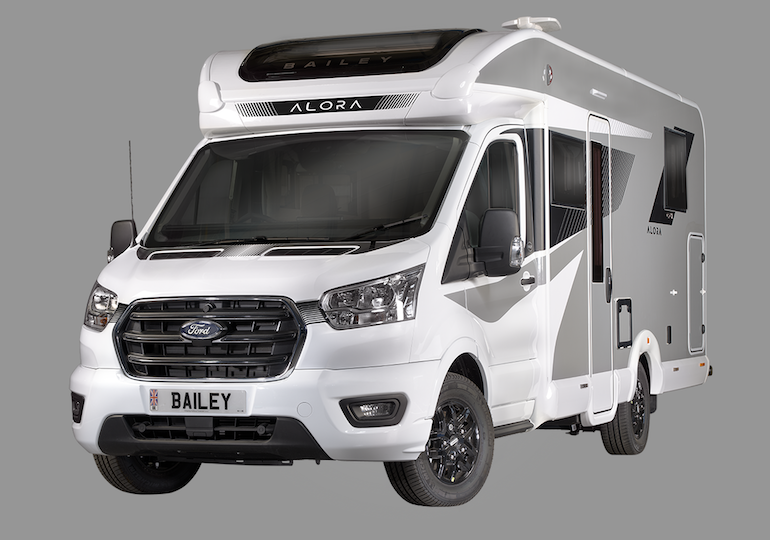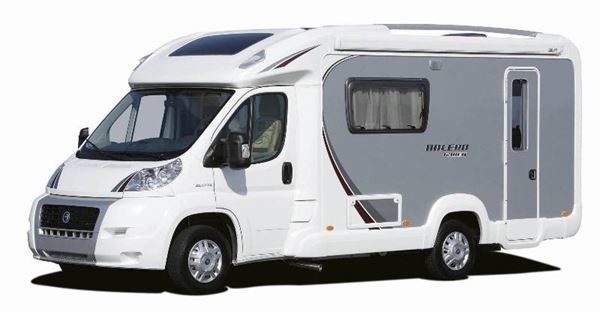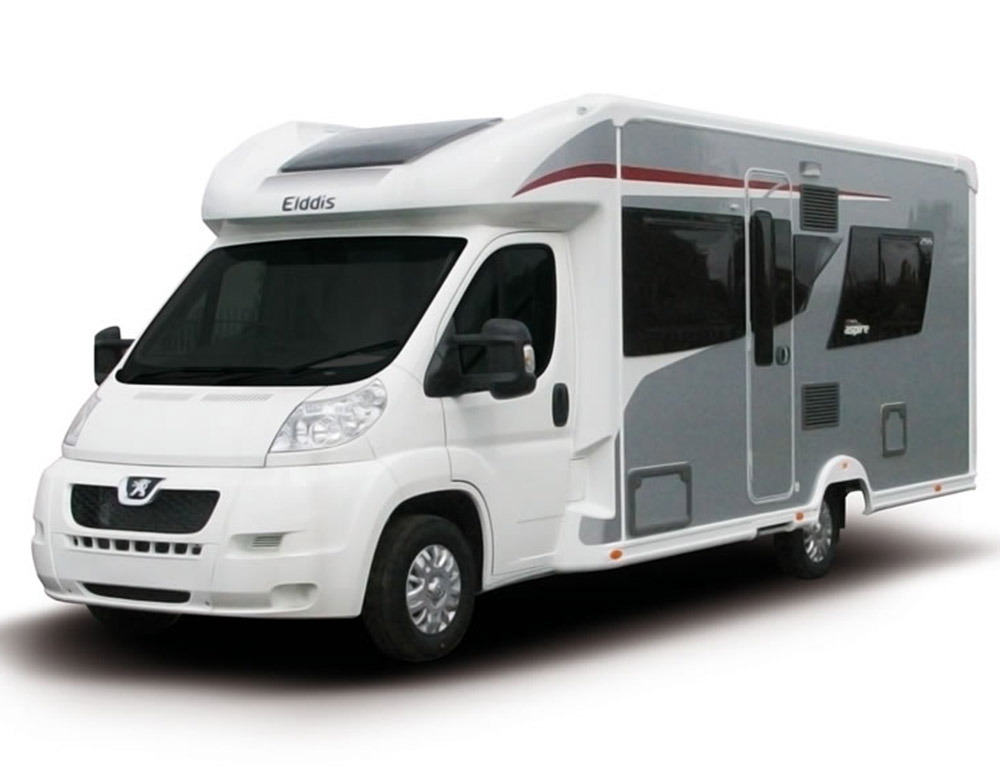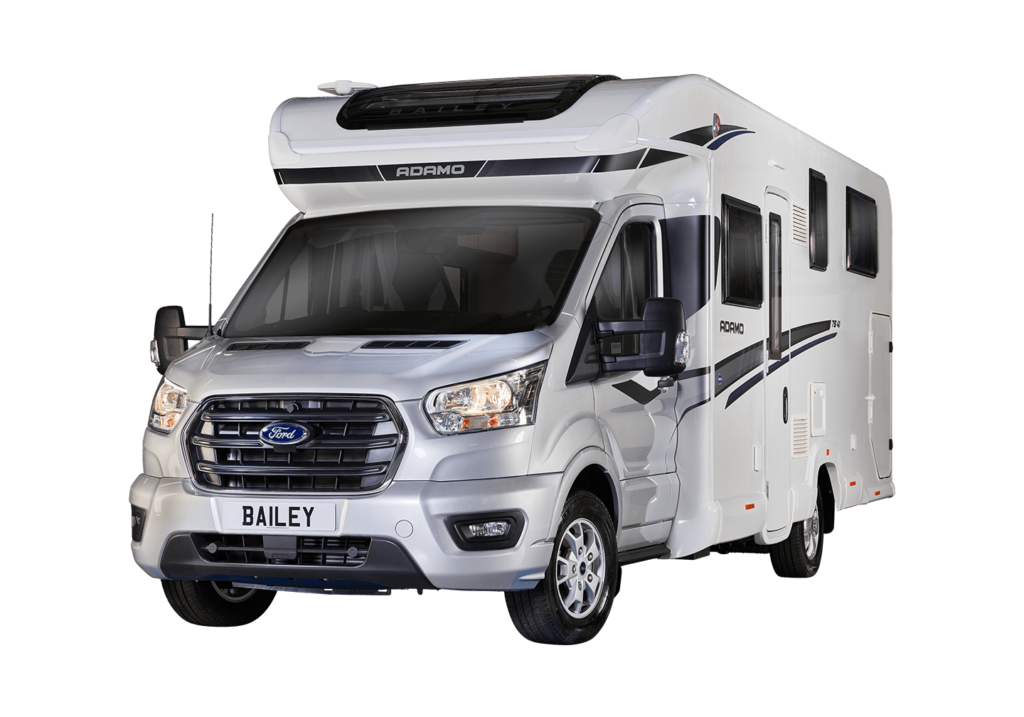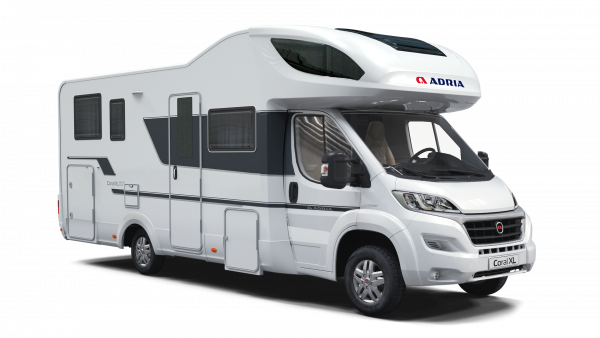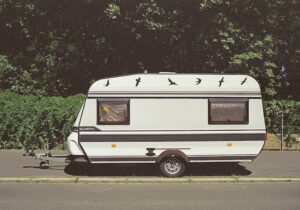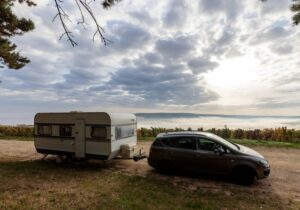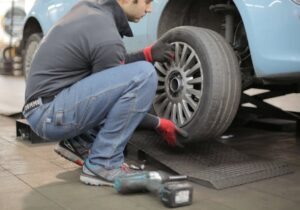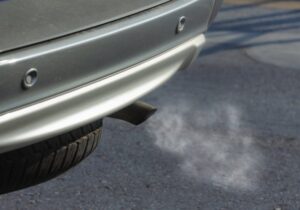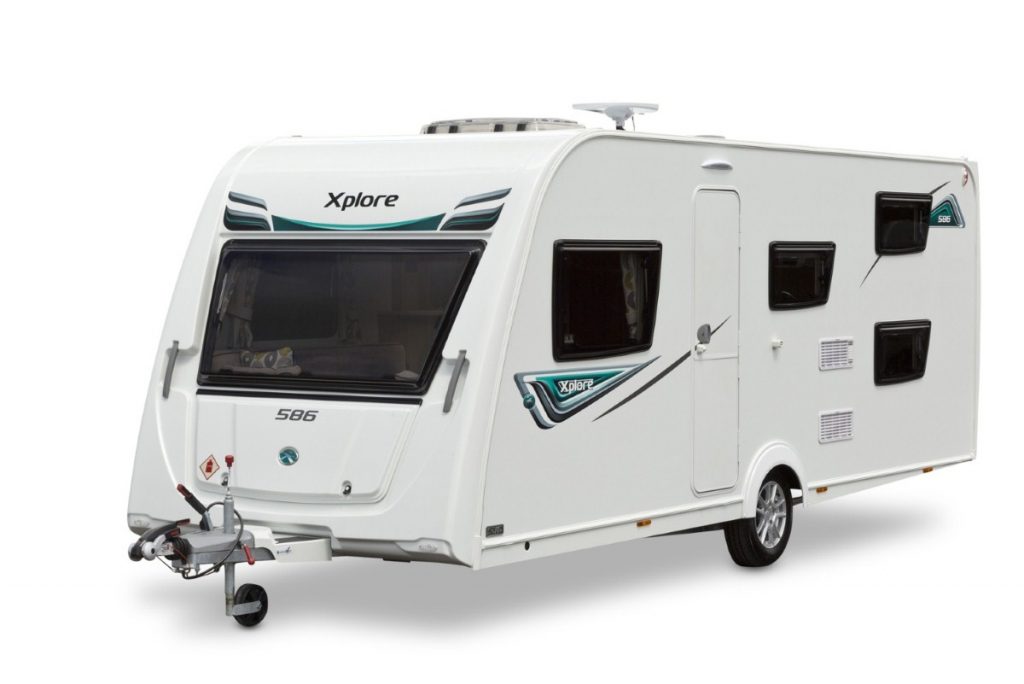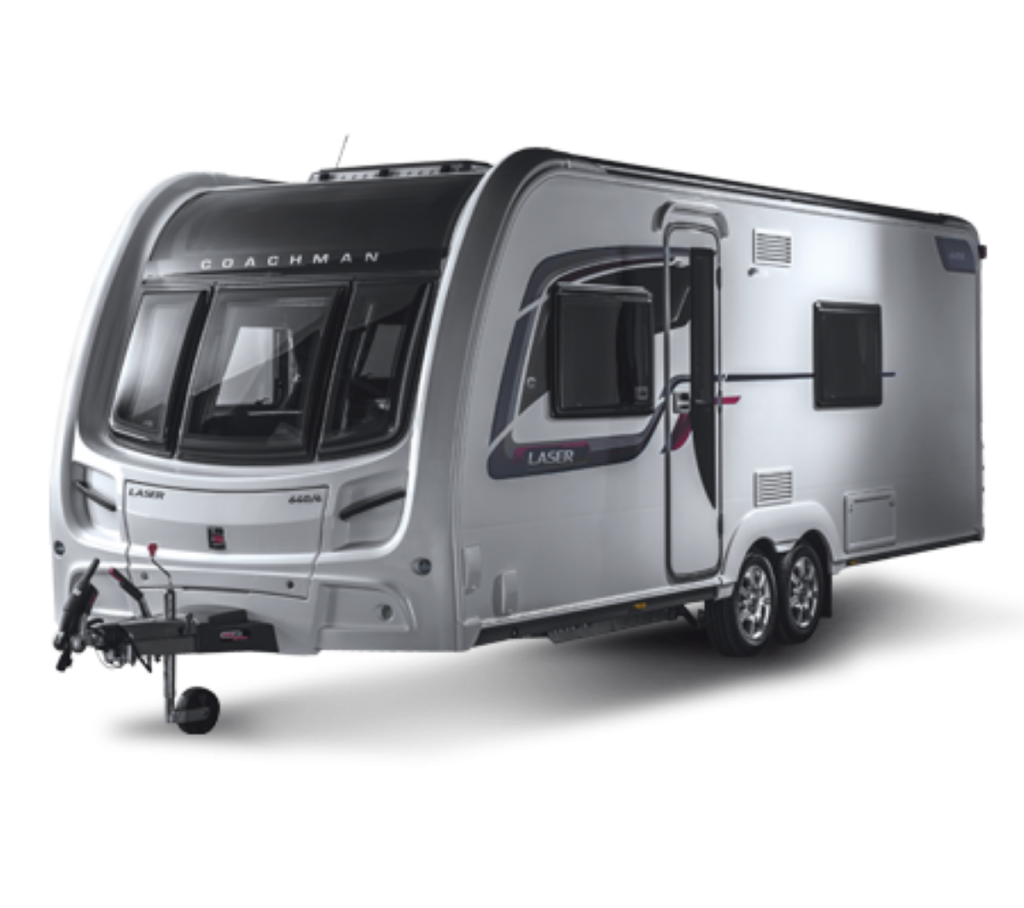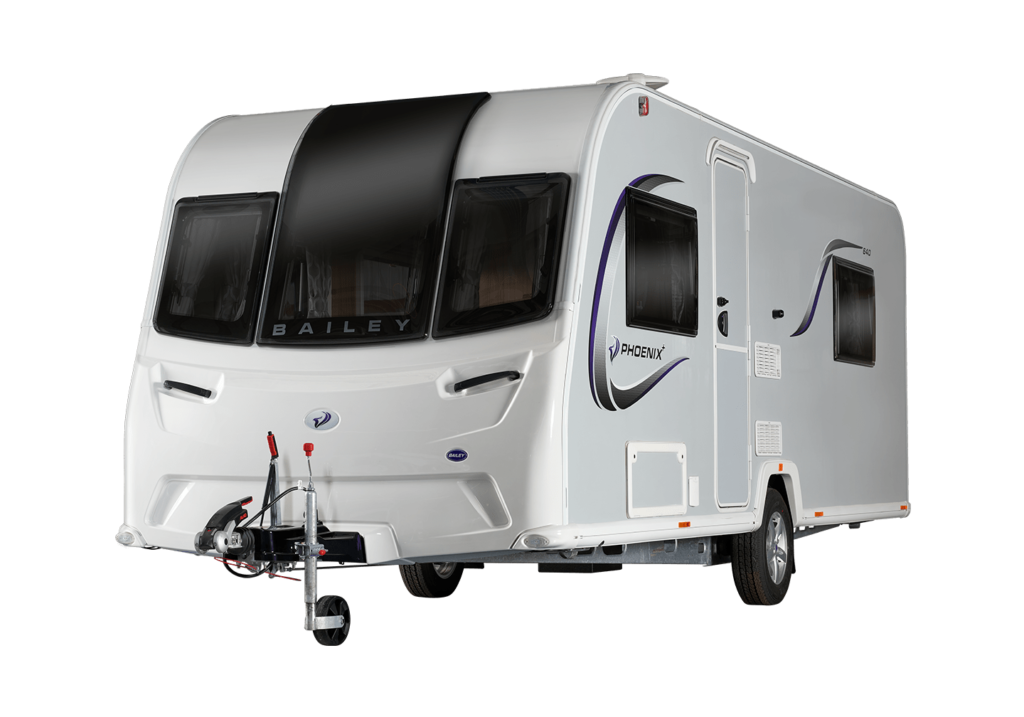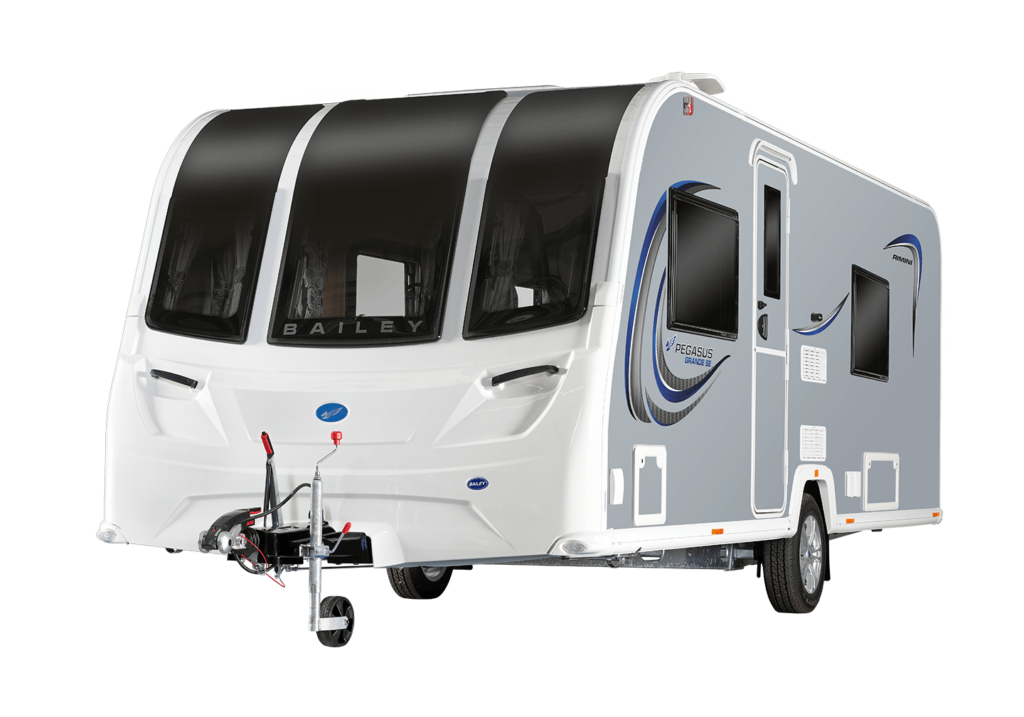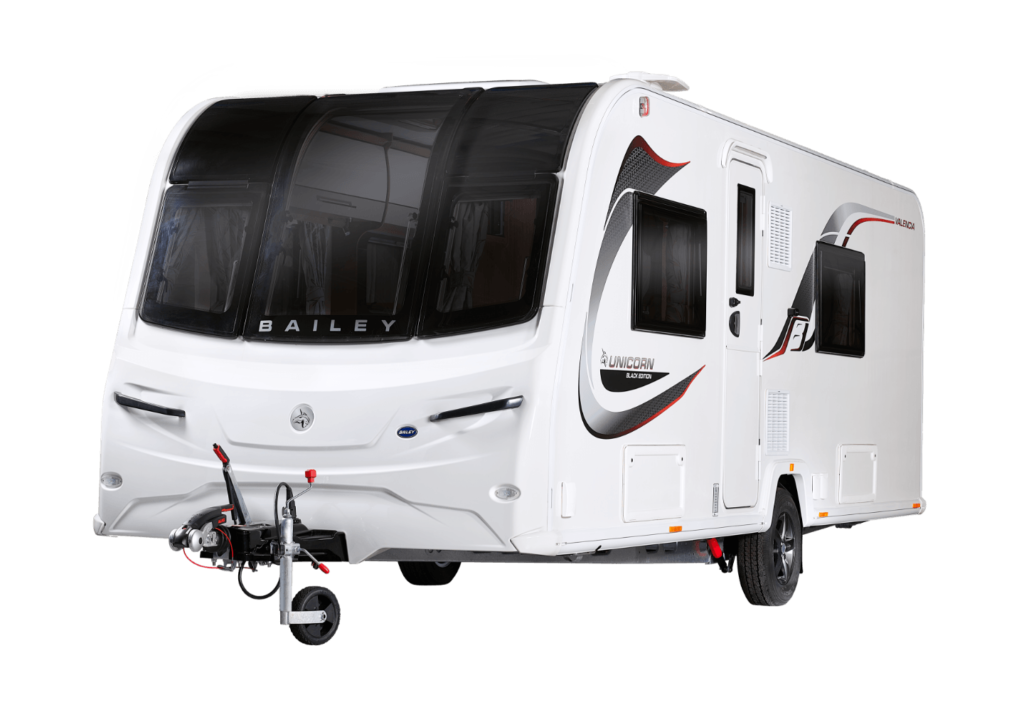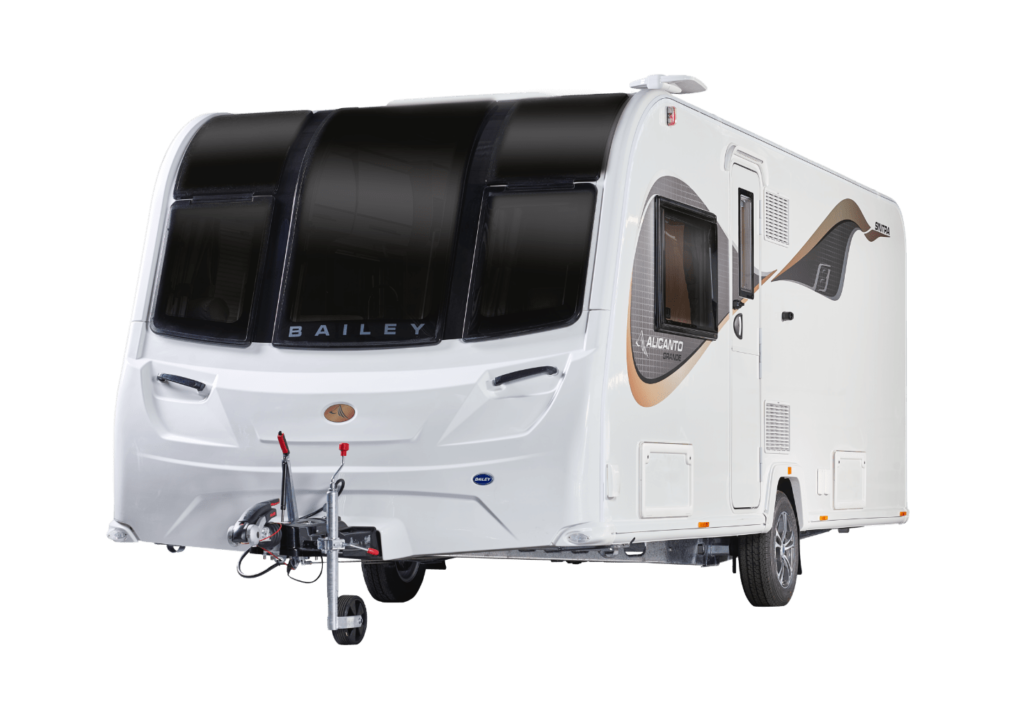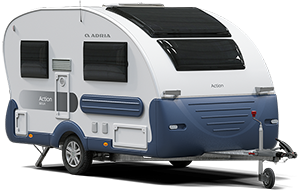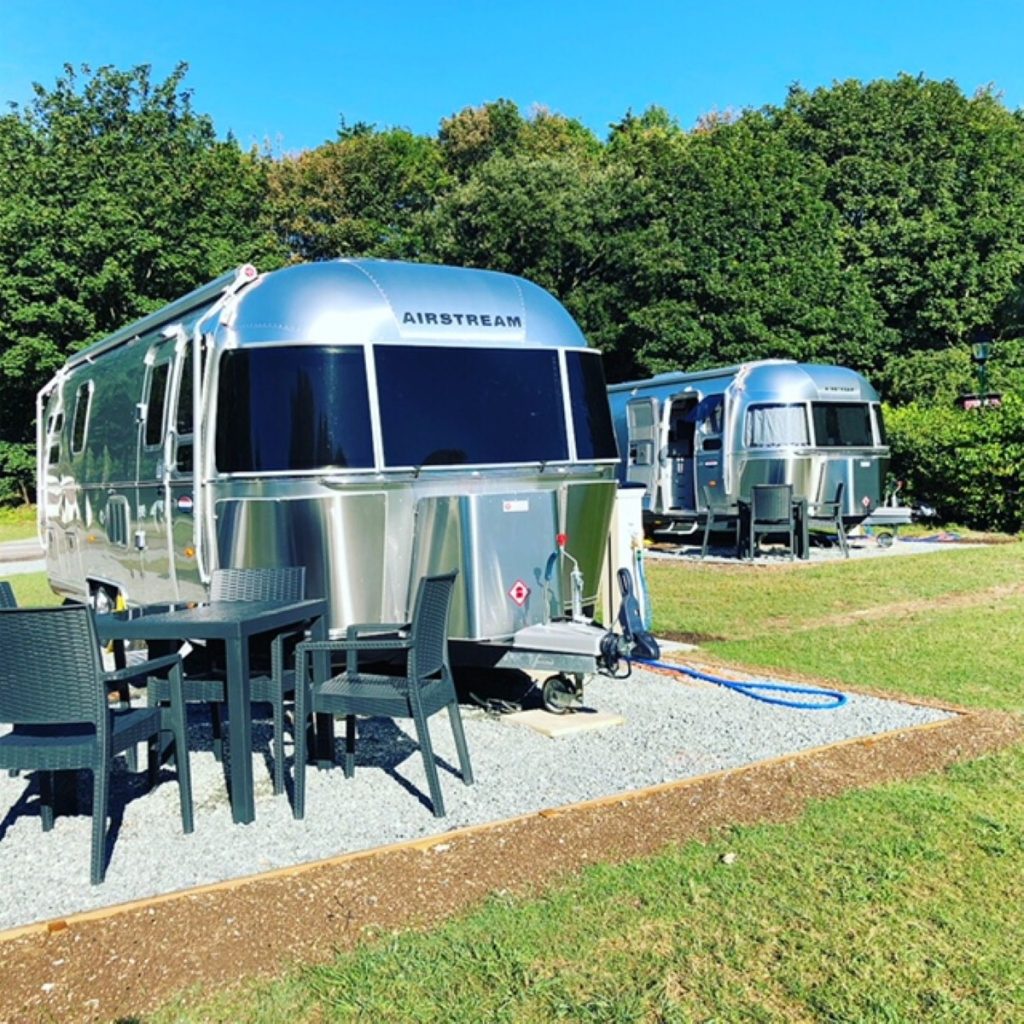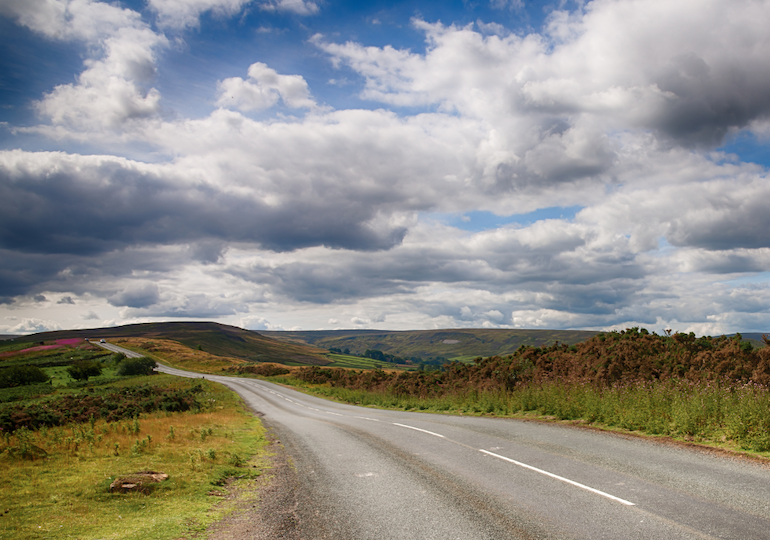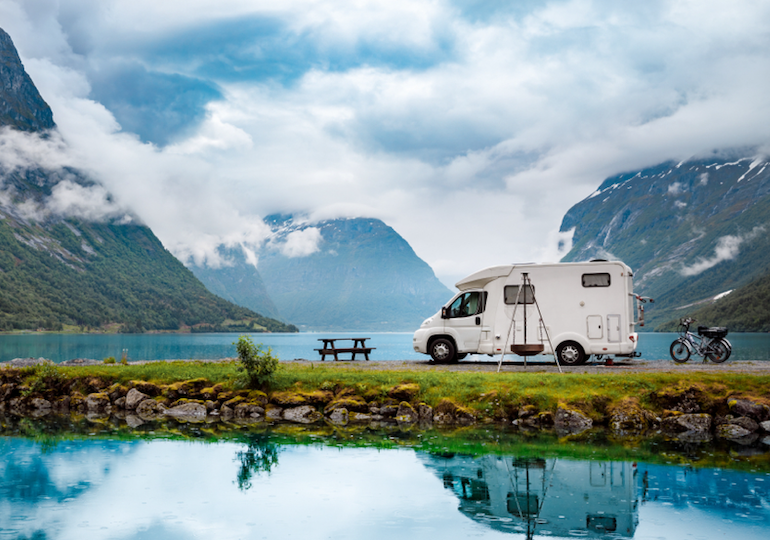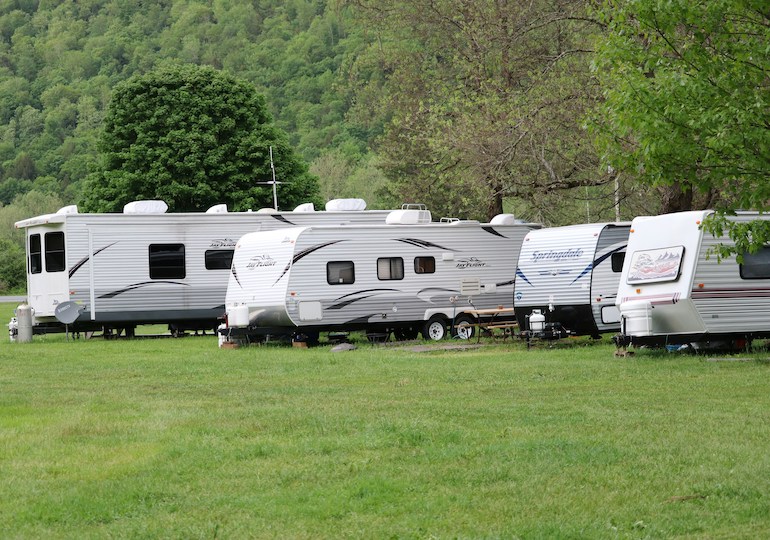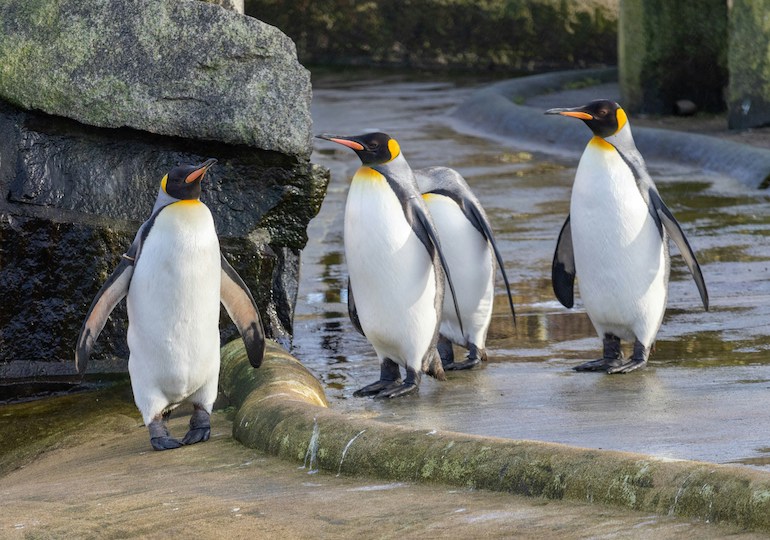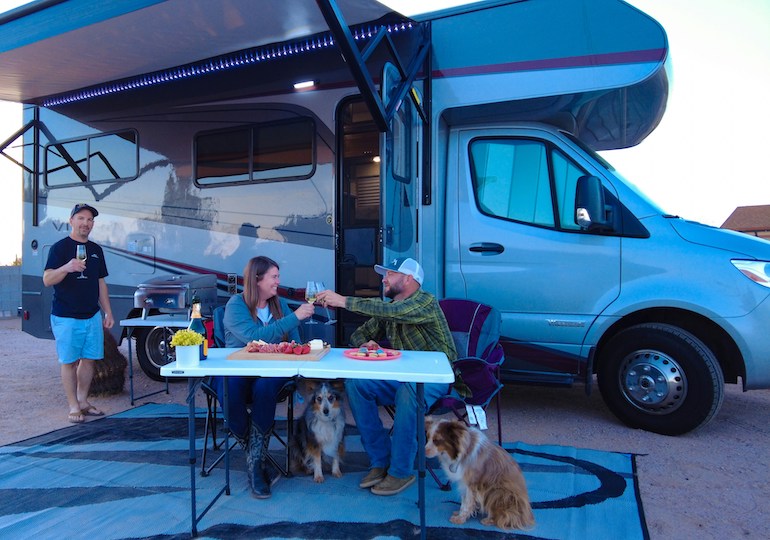By William Coleman
With the cold weather currently sweeping across the UK, and those freezing winter evenings well and truly upon us, for avid campers, it’s the perfect time to winterize their motorhome. For many, the start of the cold weather indicates it’s time to stop their travels until the sunshine returns – but rather than simply storing their motorhome in a garage, there are a number of steps that need to be taken to properly protect it from the elements.
Getting your motorhome or caravan prepped for winter is a simple process to carry out; however, it can take a few hours to do. The benefit to winterizing your RV is that, when it comes to you getting ready to hit the road next year, your vehicle will be ready for any adventure you have planned, and you won’t need to spend time fixing any damage caused by the cold.
Here’s why you should winterize your motorhome
It’s a well known fact that cold weather, especially temperatures below freezing, can have a negative impact on how well a vehicle runs. Not only can it freeze any water inside water pipes and therefore cause damage, it can also lead to engines seizing up, and tyres deflating.
Considering motorhomes, unlike daily use vehicles, are usually stored away during the colder months, it’s important they’re stored correctly in order to prevent any of the above mentioned happening.
If you decide against winterizing your motorhome, it’s likely that you’ll need to spend time and money fixing any issues before being able to hit the road – and who wants to spend time playing mechanic when they could be out exploring everything the world has to offer?
Materials Checklist: All the things you need to winterize a motorhome
Before you’re even able to begin the process of preparing your prized motorhome for winter, you’ll need to ensure you have all the necessary materials. The main items you’ll need are:
- Non-toxic antifreeze that can be poured through the plumbing system
- Waterproof sealant the fill in any holes to the exterior of the motorhome
- Moth balls and steel wool to fill gaps inside your RV, and prevent rodents
- Bug screens to stop bug infestations
- A dehumidifier to prevent your motorhome becoming damp due to condensation
- A motorhome storage cover
- Tyre stands to stop your motorhome tyres going flat
Check out the infographic down below
This infographic walks you through every step of winterizing your motorhome, as well as showing some interesting statistics about motorhomes in the UK. Check it out below and feel free to let us know what you think!

